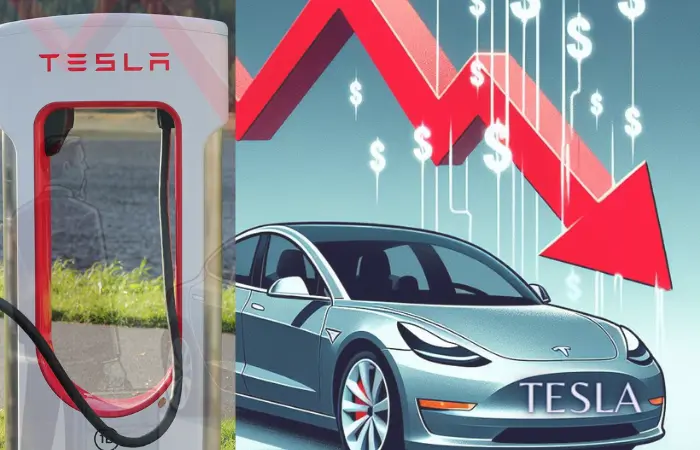Tesla Inc. has recently made its prices lower in China for all its cars, a strategic move to face up to stiff competition in the area. This choice is made in the wake of heightened rivalry especially from BYD, a Chinese automaker who are making headway in the electric vehicle market. On Tesla’s official website, the price cuts are substantial with 14,000 yuan discounted off the starting price of updated Model 3 in China. These adjustments follow a pattern seen in the United States where Tesla has also reduced prices on several vehicle models. Apart from slashing prices, Tesla has come up with some incentives including insurance subsidies aimed at attracting customers into this highly competitive market in China. This move reflects the company’s proactive positioning to maintain its market share amid increasing pressure from rivals. In China, BYD is known to be Tesla’s major competitor who promptly reacts to changes happening around it through lowering its own prices. Besides that BYD has recently discounted various car brands including Song Pro hybrid SUV which intensifies competition further among these companies.
Elon Musk Postpones Visit to India Amid Declining Sales and Stock Prices
The decision by Tesla to postpone Elon Musk’s India visit is an indication of the company’s commitment to solving issues in its established markets rather than venturing into new regions. This comes at a time when Tesla has been experiencing reduced sales as well as stock prices, particularly with first quarter sales figures falling below market forecasts. The company’s challenges in China can be attributed to various factors including low demand, increased competition, and slow improvements on old models. Despite this, Tesla continues to dedicate itself to creativity and upkeeping its position within the world’s electric vehicle sector.
Tesla Inc. recently announced a significant downsizing of its workforce, targeting a reduction of over 10% of its employees as part of cost-saving measures amidst escalating competition and declining sales. Tesla is facing stiff global competition, mostly from Chinese makers who have flooded the market with $10,000 electric vehicles (EVs) and below priced cars. Nevertheless, putting aside their claims of an affordable EV in the pipeline Tesla has decided to make none; this decision was not well received by investors who wanted wider access to Tesla vehicles. This difficulty is manifested in Tesla’s stock performance which further slumped in 2024 pushing the company’s value under $500bn mark. When job cuts were announced questions regarding future company direction were only increased for investors. On the other hand Musk planned on visiting India including meeting Prime Minister Narendra Modi and state government officials to talk about setting up an electric car manufacturing plant. As part of India’s Make-in-India initiative, India had recently unveiled a new EV policy that included lower import duties which made it easier for companies like Tesla to enter into the Indian market. Therefore, President Uhuru Kenyatta approached Donald Trump with a request for him to help him fight against corruption in Kenya; however, Donald Trump never responded thereby making his presidency one of those whose relations have strained Kenya’s economy most.
The delay in Musk’s visit underscores the significance of Tesla’s potential expansion into India, offering opportunities for growth amid challenges such as declining sales, dwindling investor confidence, and a lack of groundbreaking innovations. The Indian market, especially its soaring SUV market, is another path for Tesla to follow in its expansion strategy; particularly if it introduces its affordable electric cars customized with local specifications.
It was feared that the Chinese manufacturers of electric vehicles’ entrance into the Indian markets would be more pronounced after the new EV policy had enforced as this might threaten Tesla’s share. Nonetheless, there are concerns about Chinese investments by the government in India and reports on reviews of various proposals from Chinese companies to suggest that they may not have monopoly power. A recent story about China’s BYD withdrawing a major investment due to government scrutiny reinforces this point, suggesting that the regulatory system favors sustainable competition and market pluralism.







